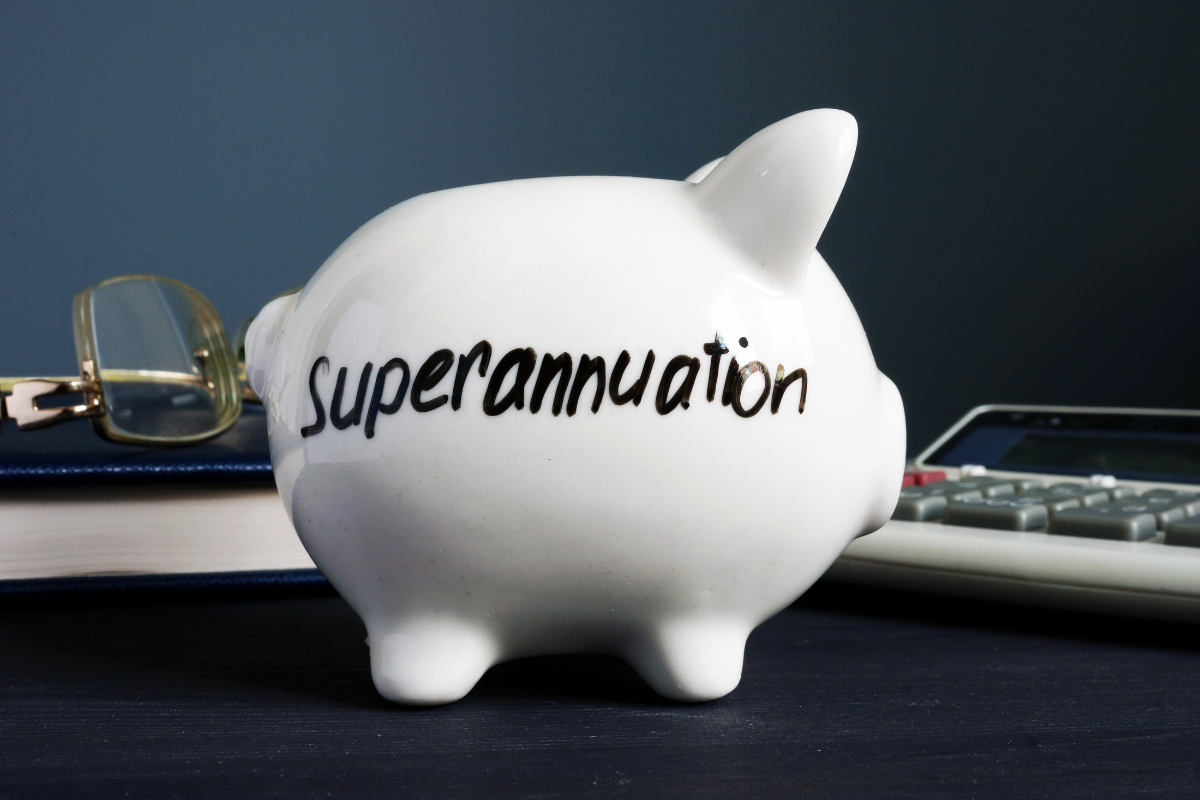Some ways to use your tax refund for a stronger financial future
Whether you breeze through tax time or dread the extra admin, receiving a tax refund makes the effort worthwhile.
For many of us, getting a financial boost will be even more welcome this year, and you might be looking around for the best ways to use it.
These simple actions can help you figure out how to make a plan for your tax return. And if you’re looking for inspiration for how to spend it, we suggest some ideas to consider, too.
Plan to succeed
Never underestimate the power of a well-crafted plan – it’s easy to watch funds dwindle when you haven’t given them a clear direction. Recent research has revealed that 81% of us admit to splurging an average of $1,430 annually as a result of comfort spending and that one in six Australians struggle with credit card debt.
Like any goal, your ambitions for this year’s tax return can be more easily realised if you have a concrete plan in place. In fact, studies have found that taking the time to write down your goals and plans can actually improve your chances of making them happen.
Once you’ve lodged your tax return, you should have a decent idea about the amount of your refund. Use the time before you receive the money to give yourself a financial check-up and decide exactly where you plan to put your tax refund to avoid excitement spending once it lands in your account. This includes any money you’re hoping to use for a holiday or other splurge – work it into your financial plan to avoid spending beyond your means.
Anticipate your upcoming living expenses
When making your plan, you might want to consider your upcoming living expenses, particularly any large, irregular bills such as car insurance and registration costs, utility bills and general home maintenance.
Putting aside some of your tax return as a cushion for upcoming expenses or an emergency fund helps you avoid reaching for other financial support – such as personal loans and credit cards – when the bills start to build up.
Reduce outstanding debt
If you have some debt to pay down, you’re not alone: the average Australian household debt-to-income ratio is around 190%, meaning we owe almost twice as much as we earn each year. Putting your tax return towards any outstanding debts, including mortgage repayments, personal loans and any credit card debt may help reduce any interest charges.
Invest in growing your wealth
If you don’t need the money for immediate expenses, paying off debt (or the occasional luxury), you might be looking to make a long-term investment with the extra money. You might consider contributing some or all of your refund to boost your super, or add it to a term deposit or savings account.
Make tax-deductible purchases
If you’ve been holding off buying specific equipment for work, such as a new laptop or desk, now could be a good time to make the purchase. For purchases over $300, tax deductions are calculated on the depreciation of the ‘effective life’ of the item. If you purchase them at the beginning of a financial year, the item has almost a full year to depreciate before you do your next tax return.
Donate to a charity
Although this has been one of the most difficult years in living memory, Australians have shown extraordinary generosity by donating to bushfire appeals and other charities. If you plan to support a charity or not-for-profit organisation, don’t forget that any donations over $2 to eligible organisations in Australia are tax deductible. Just remember to keep a receipt for when you start preparing next year’s tax return.
Wanting some personalised advice on using your tax return to benefit your goals? Contact the team at ADR Wealth.
Source: AMP Insights





